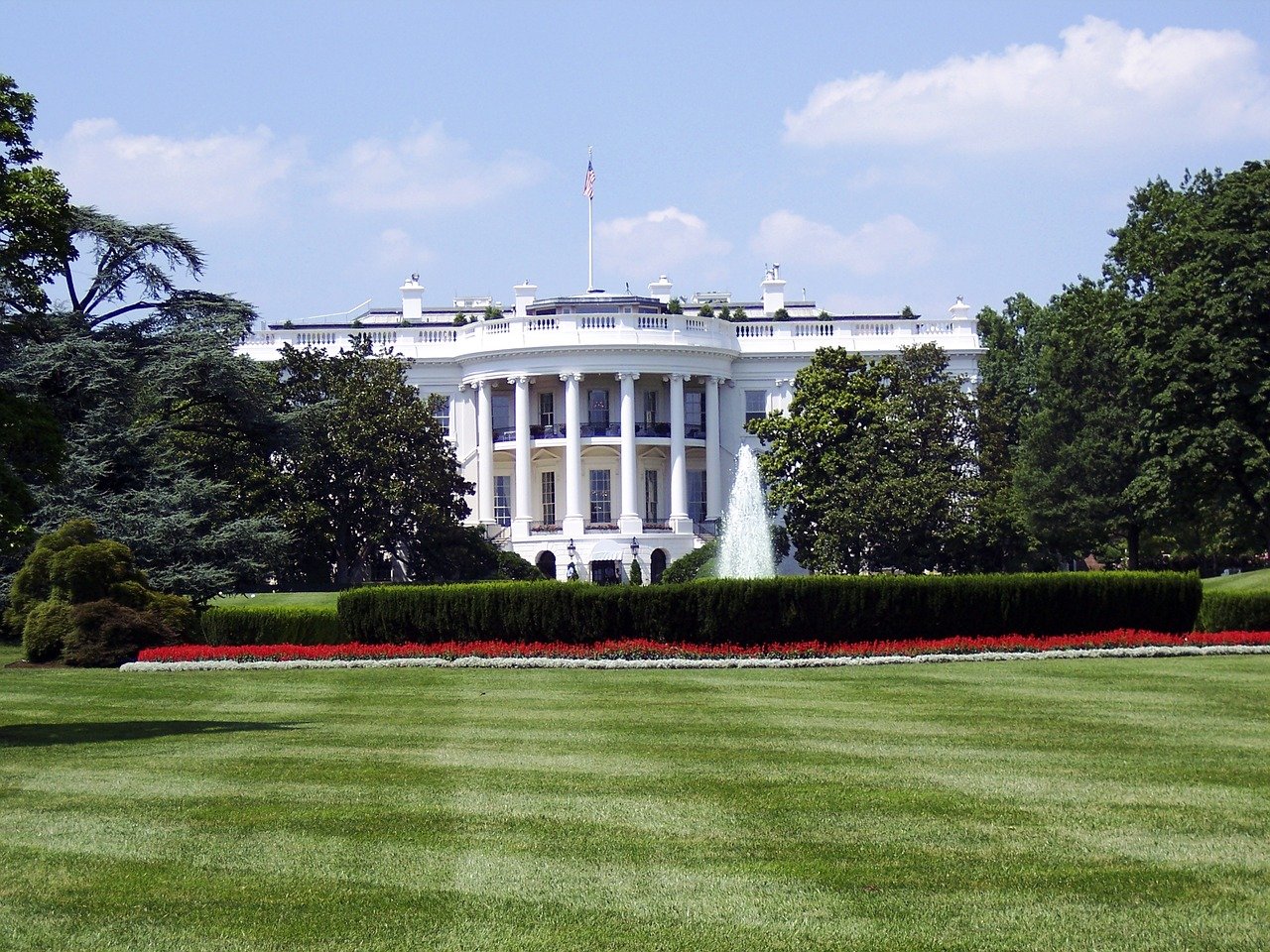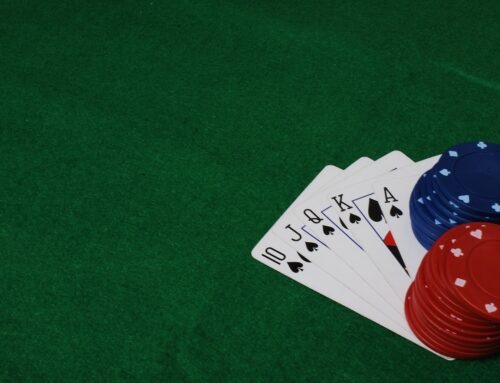Geopolitical events are unquestionably important to the people who are directly affected by them. How could it not be so? Lives and livelihoods can be destroyed by such events, which include:
- Political. Upheavals, power shifts, regime changes
- Military. Skirmishes, invasions, wars
- Environmental. Earthquakes, floods, droughts
- Public-Health. Epidemics and pandemics.
But how should you approach geopolitical events in your role as an investment professional? Should you take action in your portfolios in response to geopolitical events? It might be helpful to make this inquiry a binary one: play, or don’t play?
Don’t Play
There are three reasons you might choose not to take portfolio action in response to geopolitical events, each of these reasons situated in a different field.
Finance
Richard Grinold’s fundamental law of active management says that the probability of you generating alpha is a function of your skill (depth) and your number of investment opportunities (breadth).
- Depth. Geopolitical events are characterised by low levels of predictability and high levels of complexity. These dual variables mean that you need high levels of skill.
- Breadth. Major geopolitical events are relatively infrequent. This means that it’s hard to have a number of independent geopolitical bets in your portfolio at any one time.
This law suggests that the arena of geopolitics is not necessarily the most fruitful in which to try and generate alpha. Simply put, if you focus on geopolitics you can’t bet that often and it’s very difficult to get it right when you do.
Psychology
Howard Marks of Oaktree Capital Management has written: “One of the most notable behavioural traits among investors is their tendency to overlook negatives or understate their significance for a while, and then eventually to capitulate and overreact to them on the downside.”
Investors tend to get things wrong in two ways, first by reacting too little and later by reacting too much. The signs that a major geopolitical event is in the offing are frequently obscure and seemingly insignificant, but when the events fully manifest themselves they are usually accompanied by dramatic images and compelling narratives. These classic sources of noise trigger your hardwired fight/flight instincts and override your ability to be calm and sensible. You’re likely to feel psychologically compelled to take the wrong action at the worst time.
History
Mary Callahan Erdoes of JP Morgan Asset & Wealth Management has boldly said that the only geopolitical event ever to have had a direct effect on markets was the Yom Kippur War. This war between Israel and various Arab nations in 1973 led to a sharp increase in the oil price.
The numbers seem to confirm her assertion. On average, the impact on equity markets of a range of crises has been of short duration, with losses from the initial sell-offs having been recovered within a month or so. However, there are numerous problems with my analysis-lite, amongst them being: the fact that averages obscure as much as enlighten; the limited utility of univariate analysis; the arbitrary natures of the data set, the time scales, and the index of measurement.
Do Play
Sir Michael Hintze of CQS Asset Management has said that geopolitical events are an attractive opportunity set because of the way in which they are mispriced. Mispricing occurs because of the difficulty in identifying what Hintze calls a transmission mechanism, the manner in which a geopolitical event is translated into a tradeable market event.
George Soros became a household name precisely because he had an ability to identify such a mechanism. In 1992 he put on a massive short position in sterling to take advantage of Britain being forced out of the European Exchange Rate Mechanism. This became known as the trade of the century for netting $4 billion for his Quantum Fund.
Soros was able to extract all that money from the pockets of other players because he had a significant edge. In fact, he had an edge of four parts:
- Geopolitical Smarts. He had a deeper understanding than his competitors of the geopolitical situation and its possible consequences
- Trading Smarts. He was able to construct a position with asymmetrical risks
- Fire Power. He had enough capital to influence the outcome
- Steel Balls. He was willing to commit the equivalent of 100% of his fund’s NAV to a single trade.
It Depends
Both of the approaches to geopolitics (Play and Don’t Play) are valid in a general sense, but they are not both valid for you. To put it bluntly, if you belong in the Don’t Play camp but you act in the Play camp, you are going to experience high levels of noise and equally high levels of pain.
The Soros experience teaches us that those who play when they shouldn’t will be taken to the cleaners by those who have an edge. Which is another way of answering the question of whether or not to play in the field of geopolitics – it depends. It depends on whether or not you have an edge.
One of the ways you might trick yourself into playing when you have no edge is by calling your activity risk management. It’s almost always going to feel immediately good and seem prudent taking this sort of action, but it’s far less certain to be in the long-term interests of your clients.
It takes a certain kind of courage to make an accurate assessment that you do not have an edge. And it takes a certain kind of intelligence to integrate that assessment into the design of your investment process.
It will also take intense discipline to not play when there’s an eruption of geopolitical noise and every cell in your body is screaming at you to do something. But that’s where alpha comes from: the intersection of great process-design and great process-discipline.
Reflections
- To what extent do you have an edge in the field of geopolitics, or in the specific geopolitical event that’s unfolding?
- To what extent is that edge, or its absence, integrated into the design of your investment process?
- To what extent are you able to be disciplined about following your process in the face of geopolitical events?
References
- Justin Newdigate: Noise (2019)
- Mary Callahan Erdoes: Article by John Authers in the Financial Times on 1 May: ‘Milking Milken’ (2018)
- Michael Hintze: Interview published on 26 July in the Australian Financial Review (2017)
- Howard Marks: Memo written on 14 January to Oaktree investors: ‘On the couch’ (2016)
- George Soros: Soros on Soros (1995)
- Richard Grinold: ‘The fundamental law of active management’, The Journal of Portfolio Management, Spring edition (1989)







Leave A Comment